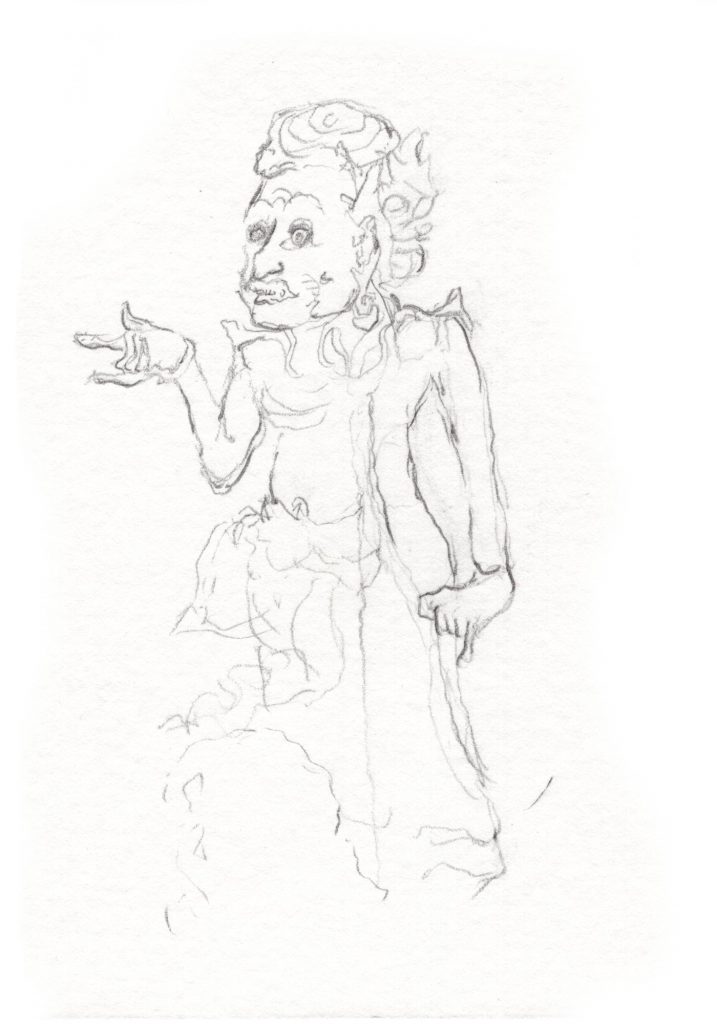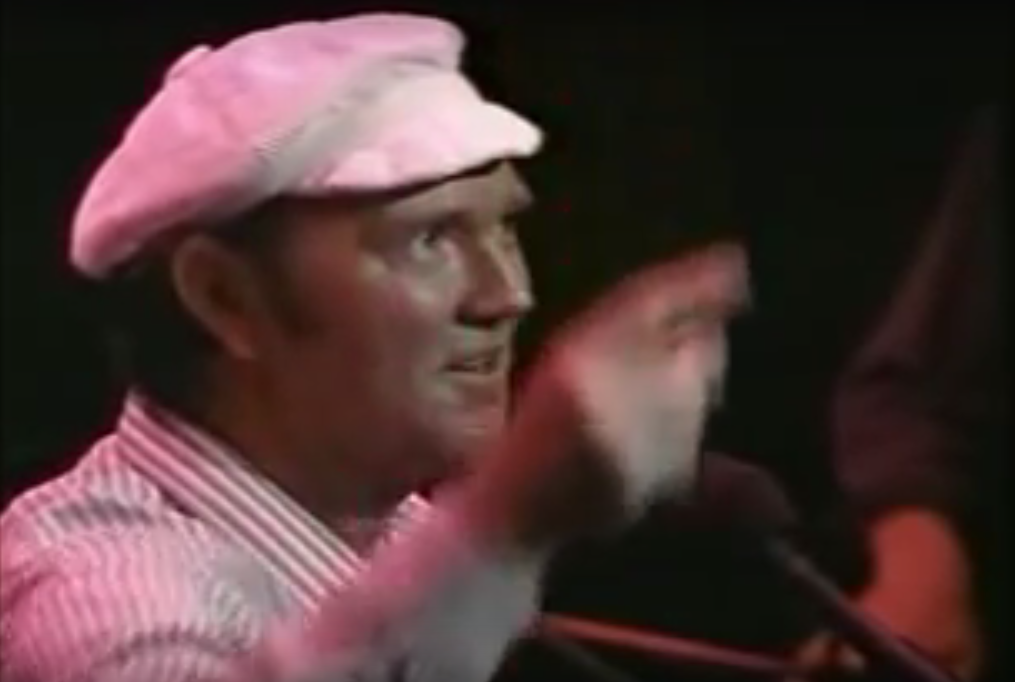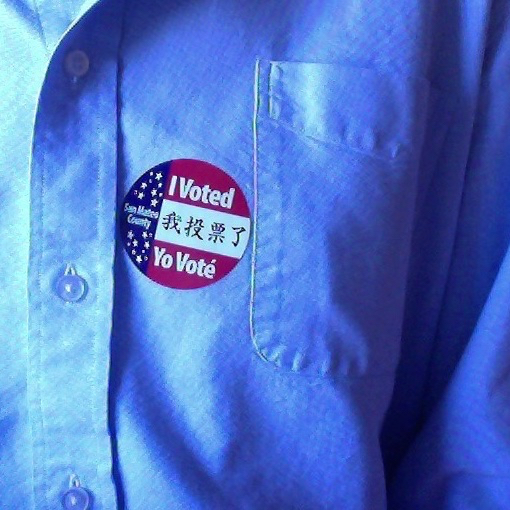I don’t want to spoil anything for you, but if you like the hymn “There Is More Love Somewhere,” there’s another version you should know about.
This is not a widely-sung hymn; I can’t find it in in the vast collection of hymnals at the Hymnary.org Web site, and the only hymnal I’ve seen it in is the Unitarian Universalist hymnal, Singing the Living Tradition. The version in Singing the Living Tradition closely follows the melody sung by Bernice Johnson Reagon on her 1986 album “River of Life,” and you can hear Reagon’s version on Youtube. In the booklet that goes with the CD, Reagon says that she learned the song from Bessie Jones. (The only other commercial recording I’ve been able to track down is one by Eileen McGann, a Canadian folk singer, on her 1997 ablum titled “Heritage.”)
Reagon might well have learned the song directly from Bessie Jones, but there’s also an Alan Lomax recording of Jones singing “There Is More Love Somewhere.” Now Bernice Johnson Reagon is a hugely talented singer, but I much prefer Bessie Jones’s rendition of the hymn. Reagon was making a commercial recording, and her performance is highly polished and meticulously crafted. Jones sings the tune in Alan Lomax’s living room, and her performance is by no means a commercially polished recording; yet I feel she gets deeper into the feeling and meaning of the song. Musically, Jones’s version is more direct; Reagon adds carefully articulated sixteenth notes (all of which are carefully reproduced in the Singing the Living Tradition version), where for her part, Jones varies and improvises on the melody, shades pitch and plays with the rhythm, and goes whither the Spirit leads her.
Lest there be any question, the lyrics Jones sings make it clear that this song comes from the African American Christian tradition. Her lyrics begin with “There is more love somewhere,” then go on to “more joy,” “happiness,” “Jesus,” “more peace,” and “heaven,” before reprising “more love” and “more joy.” (If you don’t like heavenly love and joy, you may not want to sing this song.) And as you’d expect from a song out of the African American Christian tradition, there is no pretence that we all have plenty of joy and happiness right here and now; joy, happiness, heaven are all theological ideals, the end towards which we direct our lives, with no guarantee that we will achieve that end now or in the immediate future — we can only hope to find them “somewhere.”
I should also note that Singing the Living Tradition names the tune “Biko,” but as much as I admire Stephen Biko I consider this to be a misleading name that doesn’t relate to the actual origins of the tune. Bessie Jones told Alan Lomax the song came from the Georgia Sea Islands, so “Sea Islands” would be a better name.
In any case — listen to the Bessie Jones version of this tune. Now that I have Jone’s version in my ear, any time I sing it I can’t help but remember that the song comes from the Gullah people of Georgia’s Sea Islands, people who managed to keep their direct cultural connections to Africa; that it’s a song of deepest spiritual longings and hope for the future; and that you don’t need to sing it like a commercially produced recording, you can sing it from the heart.



